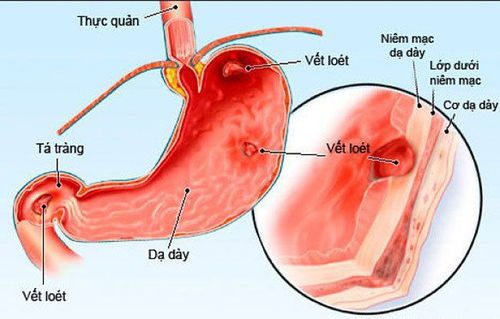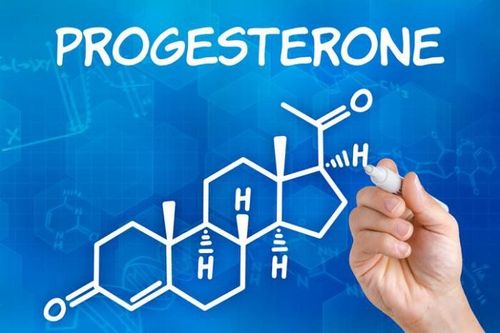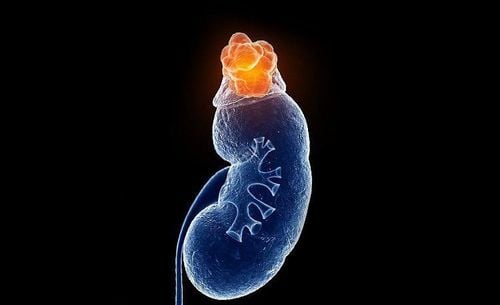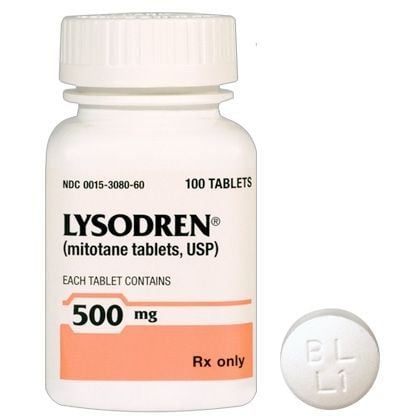This is an automatically translated article.
Tumors form when a group of cells grows out of control, and the tumor may or may not be cancerous. Adrenal tumors are not cancerous.
1. What is an adrenal tumor?
Benign adrenal tumors are noncancerous tumors that form in the adrenal glands. As part of the endocrine system, the adrenal glands produce hormones in nearly every organ and tissue in the body. The body has two adrenal glands, one located above each kidney. Each gland contains two types of tissue: the cortex and the medulla. Benign adrenal tumors that develop in the cerebral cortex are also called adrenal adenomas. Most benign adrenal tumors cause no symptoms and do not require treatment. But sometimes these tumors secrete high levels of hormones that can cause complications. The most common hormones that may be over-secreted are aldosterone and cortisol from the cerebral cortex and the hormone adrenaline from the medulla. In these cases, treatment for a benign adrenal tumor may include surgery or medication.
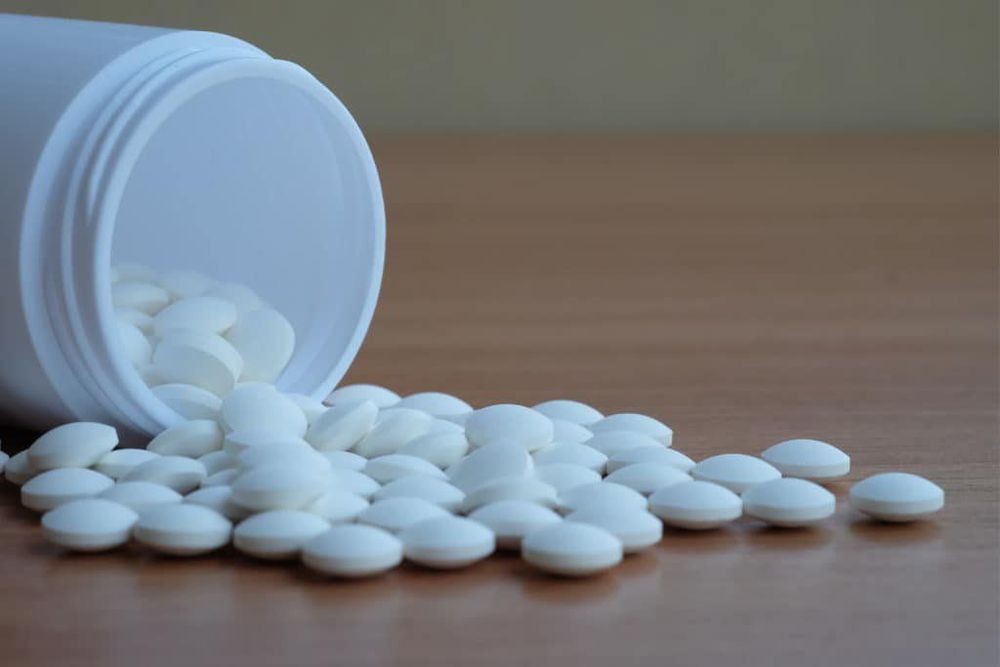
U tuyến thượng thận lành tính có thể điều trị bằng thuốc
2. Causes of adrenal gland tumor
Doctors have not found the cause of adrenal tumors. However, people are more likely to get the disease if they have certain genetic conditions, like:
adenomatous polycystic disease (FAP). This is a rare condition characterized by the presence of hundreds or even thousands of noncancerous polyps (growths) in the large intestine and upper respiratory tract. Multiple endocrine glands (MEN1). In this rare genetic disorder, noncancerous tumors form in the endocrine system. It's a network of glands that produce and release hormones that help control many important functions in the body.
3. Symptoms of adrenal gland tumor
Usually, the person will not know the presence of one of these tumors. In many cases, a patient may not experience any symptoms until the tumor is discovered incidentally through testing for another health problem.
Having an adrenal tumor does not mean you have adrenal cancer. So, your doctor will likely order urine and blood tests to check hormone levels and possibly perform imaging tests to draw conclusions.

Xét nghiệm kiểm tra nồng độ hormone để chẩn đoán bệnh u tuyến thượng thận
4. Cortex . Adrenal Tumor
Your symptoms will vary based on the type of hormone the tumor makes:
If there is too much aldosterone, you may develop Conn's syndrome, which causes high blood pressure, low potassium levels, weakness, muscle cramps and other problems. Too much cortisol can lead to Cushing's syndrome, which causes symptoms such as weight gain around the abdomen, a very round face, and pink or purple stretch marks. It can also lead to mood swings and make you more likely to develop diabetes. In women, too much testosterone can cause problems such as no periods and hair loss. In men, too much estrogen can cause a lower sex drive.
5. Myeloma
This type of tumor is called a pheochromocytoma. It is rare and usually not cancerous. It causes too much epinephrine or norepinephrine in the blood, leading to high blood pressure, flushed face, sweating, headache, and heart palpitations.

Khối u tủy làm tăng huyết áp kèm theo tim đập nhanh
6. Treatment of adrenal gland tumor
If you have an inactive adrenal tumor, you will not need treatment. Your doctor needs to monitor it to make sure it's not working. For functional tumors, the patient is usually operated on with laparoscopic surgery, in which the adrenal gland and tumor are removed through small holes made in the body.
Endoscopic adrenalectomy at Vinmec International Hospital, patients will be examined and treated with a team of leading medical experts, a team of highly specialized and experienced surgeons . The system of equipment is invested in modern machinery, the most advanced sterile operating room, high-tech imaging techniques such as CT scan, MRI, PET, targeted therapy at General Hospital. Vinmec International helps to detect and screen tumors with high accuracy; Ensure the surgery is carried out safely and with the highest efficiency.
If you have a need for consultation and examination at the Hospitals of the National Health System, please book an appointment on the website for the best service.
Source: webmd.com & mayoclinic.org
Please dial HOTLINE for more information or register for an appointment HERE. Download MyVinmec app to make appointments faster and to manage your bookings easily.




